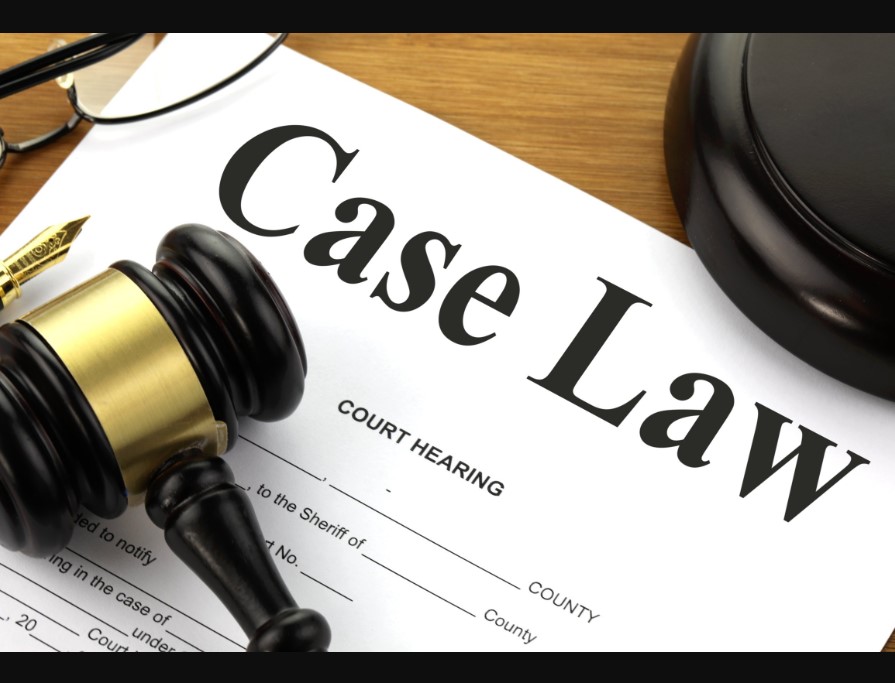
What Kind of Cases Does a Litigation Lawyer Handle
A litigation lawyer handles various types of cases, including civil, criminal, and commercial disputes. They provide legal representation to clients involved in lawsuits, offering advice, conducting research, and presenting arguments in court.
A litigation lawyer’s role may involve negotiating settlements, preparing legal documents, and representing clients during trials. These legal professionals work in diverse fields such as business, employment, real estate, personal injury, intellectual property, and family law. With their expertise in legal proceedings and their ability to advocate for their clients’ interests, litigation lawyers play a crucial role in resolving disputes and ensuring justice is served.
Their work helps individuals and organizations navigate the complexities of the legal system and achieve favorable outcomes.
Types Of Cases Handled By Litigation Lawyers
Litigation lawyers are legal professionals who specialize in taking cases to court. They play a crucial role in the legal system by providing representation and advocating for their clients’ interests throughout the litigation process. From civil disputes to corporate conflicts and criminal charges, litigation lawyers handle a wide range of cases. In this section, we will explore the different types of cases that litigation lawyers handle and the expertise they bring to each area.
Civil Litigation
Civil litigation involves legal disputes between individuals, organizations, or entities that seek financial compensation, damages, or specific performance rather than criminal sanctions. Litigation lawyers specializing in civil litigation handle cases such as:
- Personal injury claims
- Contract disputes
- Property disputes
- Employment discrimination cases
- Insurance claims
- Tort claims
These cases can arise in various settings, including personal, professional, and business contexts, and may involve negotiations, settlement conferences, or trials in court.
Corporate Litigation
Corporate litigation focuses on legal disputes related to businesses and corporations. Companies often require the expertise of litigation lawyers to handle complex legal issues that arise in the course of their operations. Some examples of corporate litigation cases include:
- Shareholder disputes
- Breach of contract claims
- Intellectual property disputes
- Employment litigation
- Securities fraud cases
- Director and officer liability cases
Corporate litigation lawyers work closely with businesses to represent their interests and provide strategic advice at every stage of a case, from pre-litigation negotiations to trial and appeal.
Criminal Litigation
Criminal litigation involves legal proceedings concerning criminal offenses. Litigation lawyers who specialize in criminal law represent clients facing criminal charges brought by the government. They handle cases ranging from minor misdemeanors to serious felonies, including:
- Assault and battery charges
- Drug offenses
- Theft and fraud cases
- Homicide and manslaughter charges
- White-collar crimes
- DUI/DWI cases
Criminal litigation lawyers employ their knowledge of criminal law, evidence, and procedure to protect their clients’ rights, develop defense strategies, and negotiate with prosecutors to achieve the best possible outcome.
Frequently Asked Questions For What Kind Of Cases Does A Litigation Lawyer Handle
What Is The Role Of A Lawyer In A Litigation Process?
A lawyer plays a crucial role in the litigation process by representing clients, drafting legal documents, conducting legal research, and presenting arguments in court. They navigate the complex legal system, advocating for the best interests of their clients and working towards a positive outcome.
What Is The Difference Between A Litigator And An Attorney?
A litigator is a type of attorney who specializes in representing clients in court. An attorney is a broad term for a legal professional who provides legal advice and represents clients in legal matters. Both litigators and attorneys have the same goal of protecting their clients’ interests, but litigators specifically focus on arguing cases in court.
Is Being A Litigation Lawyer Stressful?
Yes, being a litigation lawyer can be stressful due to the demanding workload and pressure to achieve favorable outcomes for clients. However, this also depends on individual coping mechanisms and work-life balance.
What Kind Of Lawyer Makes The Most Money?
Corporate lawyers tend to make the most money because they handle high-stakes legal matters for big companies. These lawyers negotiate contracts and guide businesses through complex legal processes, earning top salaries in return.
Conclusion
To sum it up, a litigation lawyer is responsible for handling a wide range of cases that involve legal disputes and litigation processes. From civil lawsuits to arbitration, mediation, and negotiations, these lawyers provide legal representation to their clients, ensuring that their interests are protected.
Whether it’s dealing with personal injury claims, contract disputes, or employment issues, a litigation lawyer plays a crucial role in resolving conflicts and seeking justice. So, if you find yourself in need of legal assistance, don’t hesitate to seek the expertise of a seasoned litigation lawyer.






